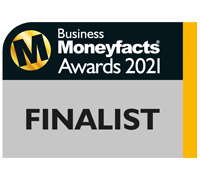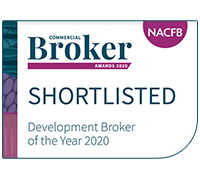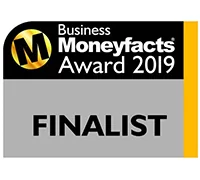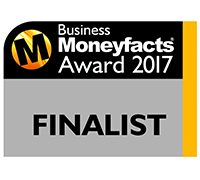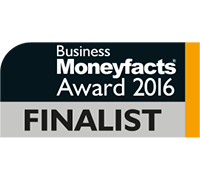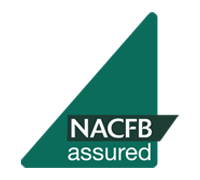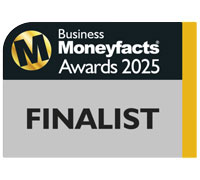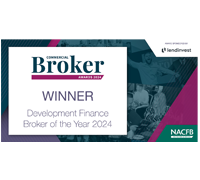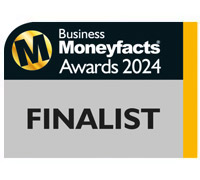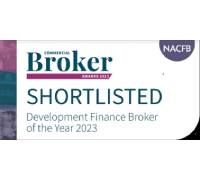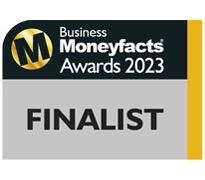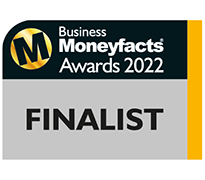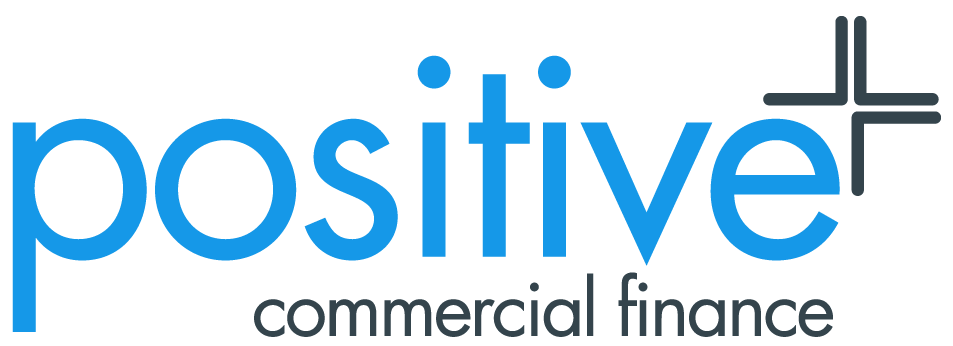Apply Online
Equity
Strictly speaking, Equity is the value of an asset less any debt, such as loans or mortgages against it.
What exactly is Equity, in Property Development circles?
In the Property Development world, Equity could also be the cash sum a developer puts in to a project (usually towards the land purchase) to buy and develop it. Alternatively, equity could be value created (less any debt) by a planning uplift. Most developments would require a development finance loan to make up the difference between the equity which the borrower puts in, and the total project costs.
As well as the borrowers’ own equity, sometimes third party equity is needed, from an Equity Investor, particularly if the borrower does not have enough cash (equity) to make the finance package work. Equity Investment is often invested into a project in return for part ownership of that project. This could be shares in the company or a profit share with a priority return on the funds invested. Equity Investment therefore allows the Developer to “unlock” development finance for the project.
What is Equity used for ?
Equity funding comes into play when a developer needs more finance than Senior, Stretched Senior and/ or Mezzanine can provide, and usually at the cost of a profit share. Where Stretched Senior Debt and Mezzanine are usually capped at 90% of project costs, Equity providers can fund up to 95% or even 100% of project costs, either in their entirety, or in a second charge position, behind a Debt funder
Given the equity funder is investing in the developer as well as the scheme itself, a developer has to be sufficiently experienced to attract an equity investor.
Equity can be used for Planning Gain deals as well as developments, if the Equity provider has the confidence in the proposal, and the project “sponsor” (i.e. the developer).
What are the Key Features of Equity?
Up to 100% of the Equity Requirement.
Investments from £100,000 upwards.
Equity Investments are injected “upfront”, or at the start of a scheme.
Available throughout the UK
No PGs required from some Equity providers.
Term length will often match that of the senior debt, and sometimes longer.
What are the Equity Lending Criteria?
Developer needs a proven track record, with a good reputation.
Solid Business Plan.
Excellent understanding of their chosen market
Strong and Stable financial position
What Information do you need to progress an Equity loan?
Company details
Detailed CV or Biography for the developer/ borrower
Last 3 years accounts, if applicable
Detailed Executive Summary
Detailed financial appraisal and cash-flow.
Criteria Overview
- Cheapest rates guaranteed
- Up to 36 months
- Loans from £100K to 100 Million
- Any location
- Options with no exit fees
- Residential commercial mixed use

Development Calculator
Other Development Product Types
Frequently Asked Questions
- What does “Developer Equity” mean?
- Who can provide Equity for a property development project?
- What is a “Capital Stack”?
- How much will Equity cost?
- How do I find an Equity provider?
- Will I need to give a PG?
- Will I need to give away a share of the profits?
- What type of schemes will an Equity Investor invest in?
Quick Enquiry
